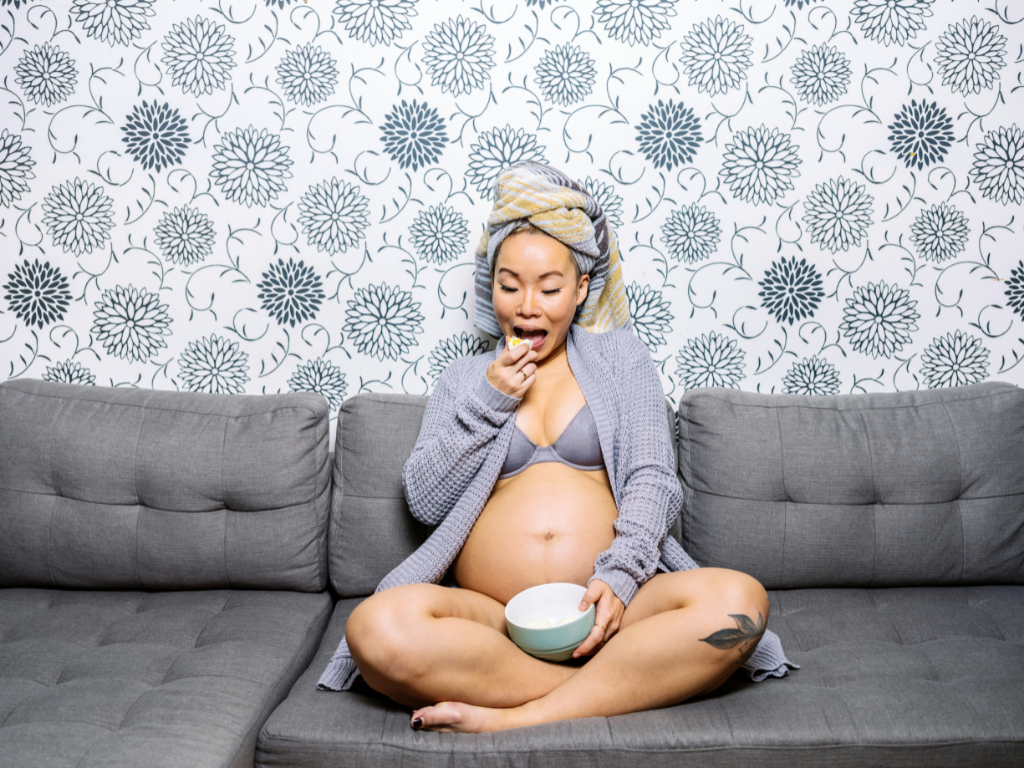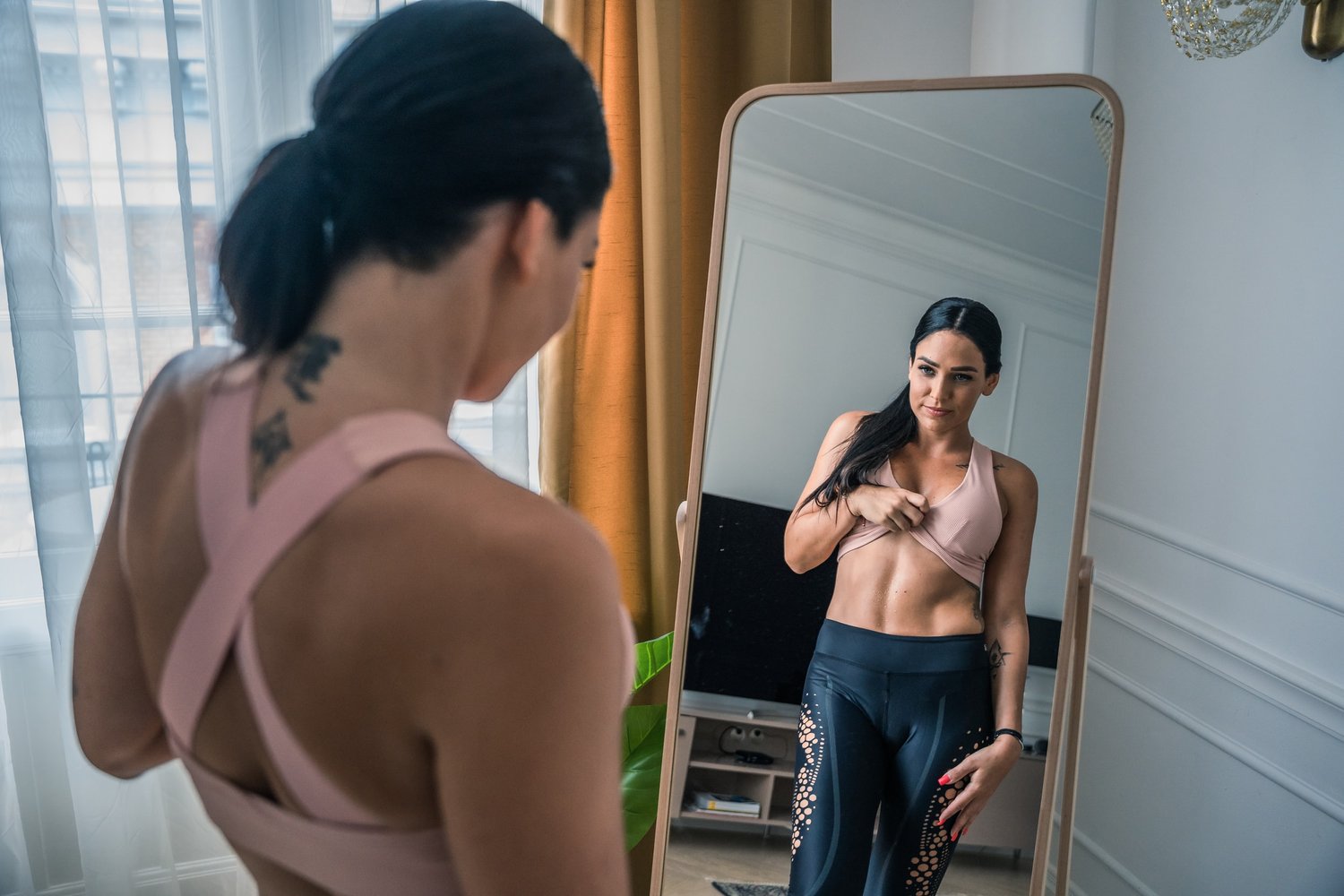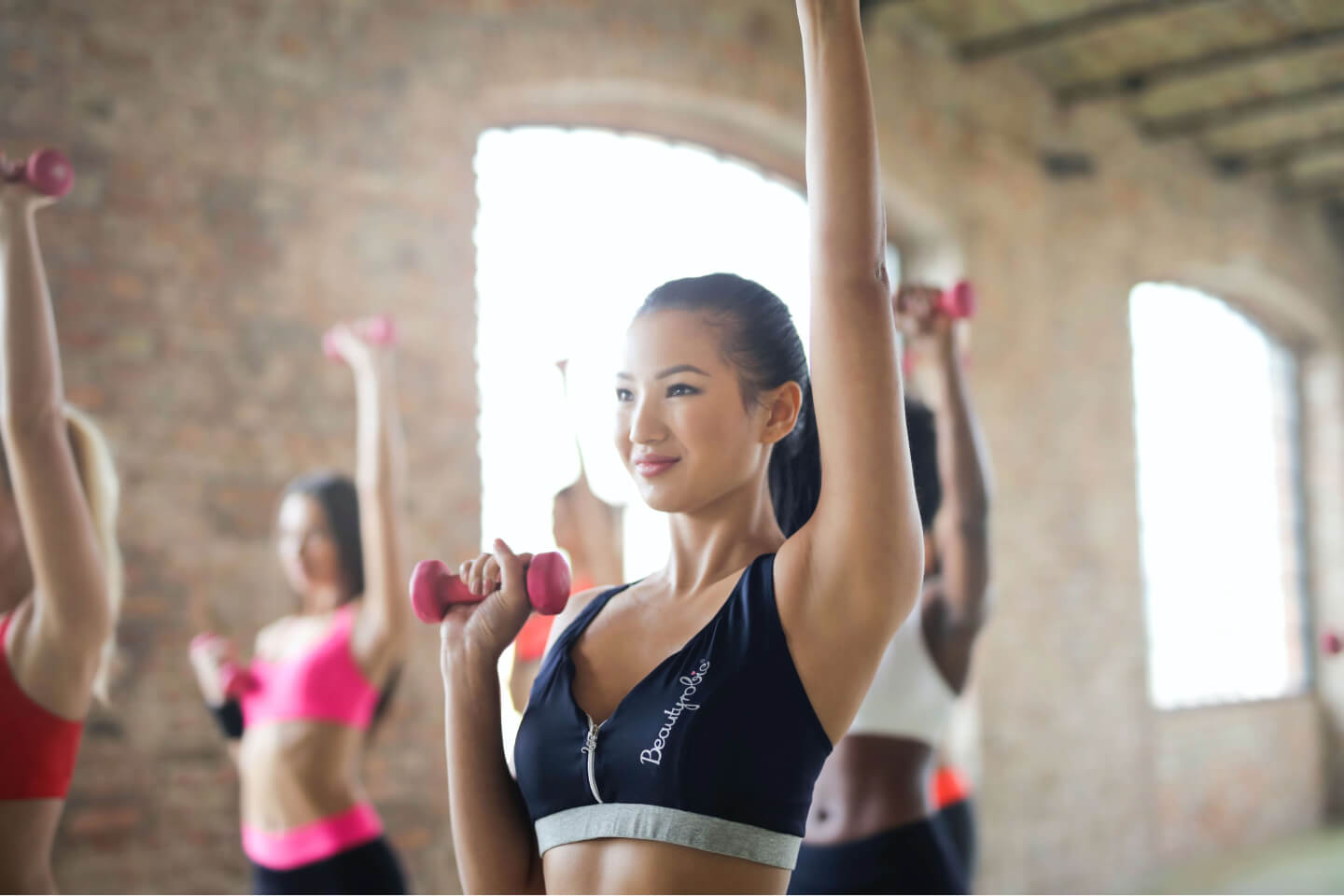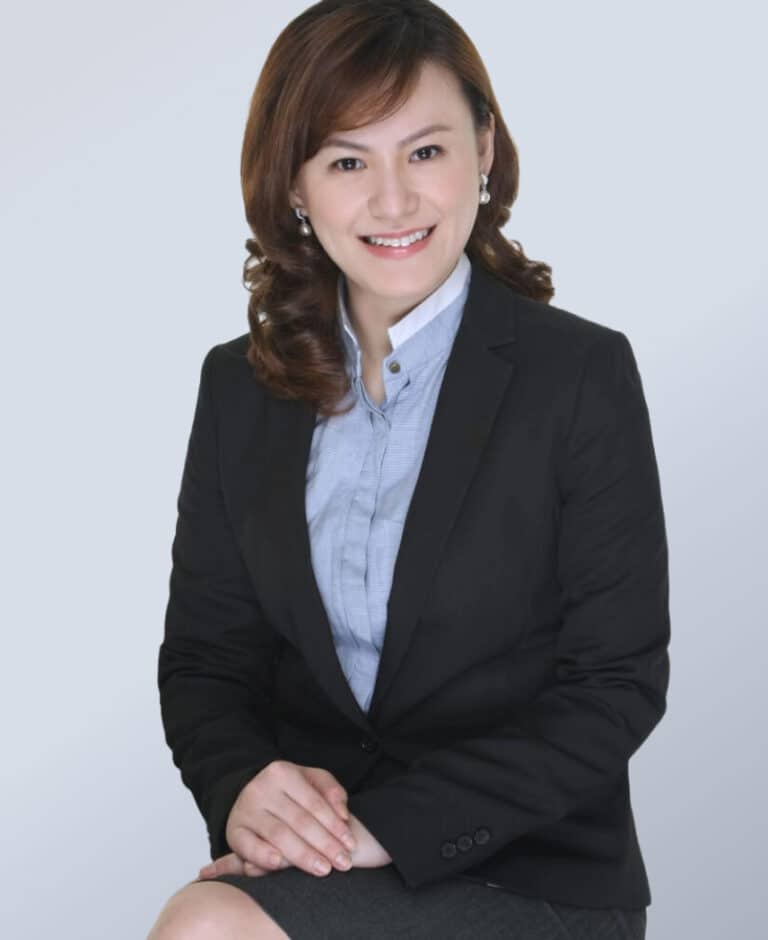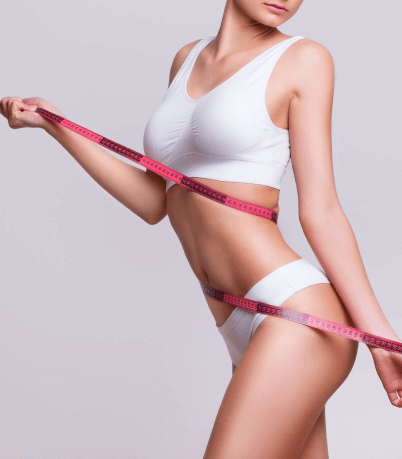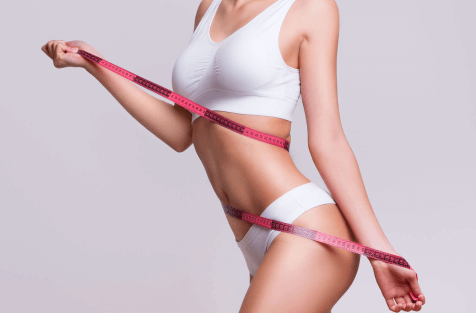With the world opening up more and more post-pandemic, it’s a happy news that international travel is once again available for work or play. Learning how to stay healthy during your upcoming journeys has become more important than ever, not only to make the most of your long-awaited trip but also as we all should, to adapt to the new norm of being more careful after a global health crisis.
Travelling can impose challenges on our health, especially the Long-haul ones. Our immune system takes a knock when our sleep/wake cycles are disrupted (even without jet lag). Blood circulation and lymph flow become sluggish from sitting for long periods, and even feeling stressed before/during a trip can reduce our immune activity, leaving us more prone to getting sick.
Take a look at our handy checklist of things to help you to organize your thoughts, give you peace of mind and keep your immunity as strong as possible. The more informed you are, the better – less is never more when it comes to preparing for medical and health matters.
What to prepare before your trip?
Covid is still the main concern for travel, so you might want to check the disease incidence where you are and at your destination, in case this affects your plans. And don’t forget to check the requirements at all locations – we have so many things to organise now, like tests and certificates.
(i) Speak with your GP prior to travel. Your doctor can help you with:
- new/repeat prescriptions (especially if you have a chronic condition)
- advise you on over-the-counter medications to carry with you, and
- help you with pre-trip vaccinations or tests. You may be due for booster shots (e.g. influenza, hepatitis, Covid-19) or you may need to get a different jab that is specific to your destination. Start the process early, so that the protection from immunisation is already effective by the time you start your trip.
(ii) Pack a medicine kit and your medical information. Put this in your cabin baggage because checked baggage can be delayed/lost. This can include:
- prescription medications, especially for those who take insulin, blood thinners, antidepressants, etc.
- over-the-counter medications (antihistamines, painkillers, oral rehydration salts, anti-nausea/diarrhoea drugs) and other items (contraceptives, probiotics, etc.)
- a thermometer, and an oximeter if you have one
- Covid rapid tests
- first-aid items (plasters, antiseptic cream)
- medical records that could be helpful if you see a doctor at your destination. For example, if you need regular monitoring or you have a history of surgeries
- your doctor’s contact details
- your medical (and other) insurance policy documents
- original packaging: this is the safest way to carry medications; you may also need to prove that they were prescribed to you by a doctor, so do check
(iii) Pack a basic care kit for the plane, i.e. things that keep you comfortable, warm, hydrated and relaxed. A good selection would be:
- hand sanitiser, several masks, nasal spray (saline or decongestant), mouthwash/gargle, moisturiser, lip balm, eye drops, ear plugs, healthy snacks, water, and whatever helps you relax and sleep (herbal teabags, an eye mask, a travel pillow, a large scarf/clothes that layer)
Travelling when sick (even when the illness is minor) can spread disease, and it can make your experience very unpleasant. If you have any symptoms of illness, please contact your airline about rescheduling your flight.
Things to pay attention to during your trip
- Get up and move around, stretch or move your body on the plane. If you have to transfer, don’t spend the layover just sitting, walking or moving as much as you can. Being sedentary can bring on muscle or joint pain, and increases the risk of potentially dangerous blood clots.
- Stay hydrated at all times – drink enough water and electrolytes, and minimise alcohol and caffeine.
- If you’re going across time zones, aim to eat and sleep at the right times in the destination time zone. Get early morning sunlight in your eyes to help your body clock reset.
- Take your medications as directed and on schedule.
Coronavirus is still around us
The newer Covid-19 variants tend to be more transmissible than the earlier types, so we can still catch and spread this illness even if we are fully vaccinated, but the jab does protect people from the worst effects.
Stay mindful of what you already know about how to reduce your risk of catching Covid-19 (and this applies to many other infectious diseases):
- maintain physical distancing
- wear masks properly
- practise good hygiene (wash your hands properly and frequently, and avoid touching your face). Soap and water are preferable, but of course, sanitiser is useful because it’s portable.
- vaccinate to protect yourself and reduce your risk of severe disease, ask your doctor to check your medical history (such as prior vaccination/Covid-19 infection or contraindications) to see if you are due a vaccination/booster.
The situations with a higher risk for contracting Covid-19 include close contact, crowds, and enclosed spaces (poor ventilation) for prolonged periods – just like planes, trains and other modes of transport. Infections that spread on planes happen most often when people are within 2 rows or 2 metres of a Covid-19 infected person (remember this when lining up). People can be infectious before they realise they are ill, that’s why measures to minimise the spread are so important.
While travelling, some airlines/airports/countries now specify which types of masks are necessary (if any), so do check and ensure you have enough masks of the correct type. Of course, you can still wear masks in places that no longer require them. The nice thing masks also help to moisten the air in and around your nose, so it is less drying on a flight.
What about Monkeypox?
Your overall risk of getting monkeypox is low, so don’t panic! Monkeypox is a viral disease originating in animals. It spreads through skin/membrane contact with the body fluids of infected people/animals, or via contaminated objects. The good news is it is not airborne, so it is much harder to catch than the coronavirus. Common symptoms include fever and painful blisters or a rash.
Some of the measures we already follow to reduce Covid will also reduce your risk of contracting monkeypox. In other words, basic hygiene, such as frequent hand-washing, covering wounds, not sharing utensils/glasses, and practising safe sex.
Last but not least, we must emphasize that even if you are really busy with all the activities and appointments planned during the trip, be sure to take care of yourself before, during, and after. Staying healthy with a balanced lifestyle and diet means your immune system will be at its best, and prevention is better than cure. This means getting enough rest at the right times, exercise, food, water, sunlight, and supplements if needed.
Bon voyage!
Source and References
Healthline – U.S. Officials Will Release Nearly 300,000 Monkeypox Vaccine Doses to Fight Outbreak
Healthline – How Long Is the Coronavirus Infectious When It’s in the Air?
EverydayHealth – Holiday Travel in COVID-19 Times: 10 Safety Tips
EverydayHealth – COVID-19 Testing for Travel: If, When, Where, and How
Public Health – Where We Are in the Pandemic
WebMD – Holiday Travel Advisory
Medical News Today – What to know about flying during the COVID-19 pandemic
Related Blogs
Visit Us
Start your skin health restoration journey with us today!
Fusion Medical @ Wheelock
501 Orchard Rd #04-11, Singapore 238880
Mon-Fri :8:30am – 5:30pm
Sat :8:30am – 1:00pm
Sun / PH :Closed
Fusion Medical @ Fusionopolis
1 Fusionopolis Link, #01-05 Nexus
@ One-North , Singapore 138542
Mon-Fri :8:30am – 5:30pm
Sat/Sun / PH :Closed


